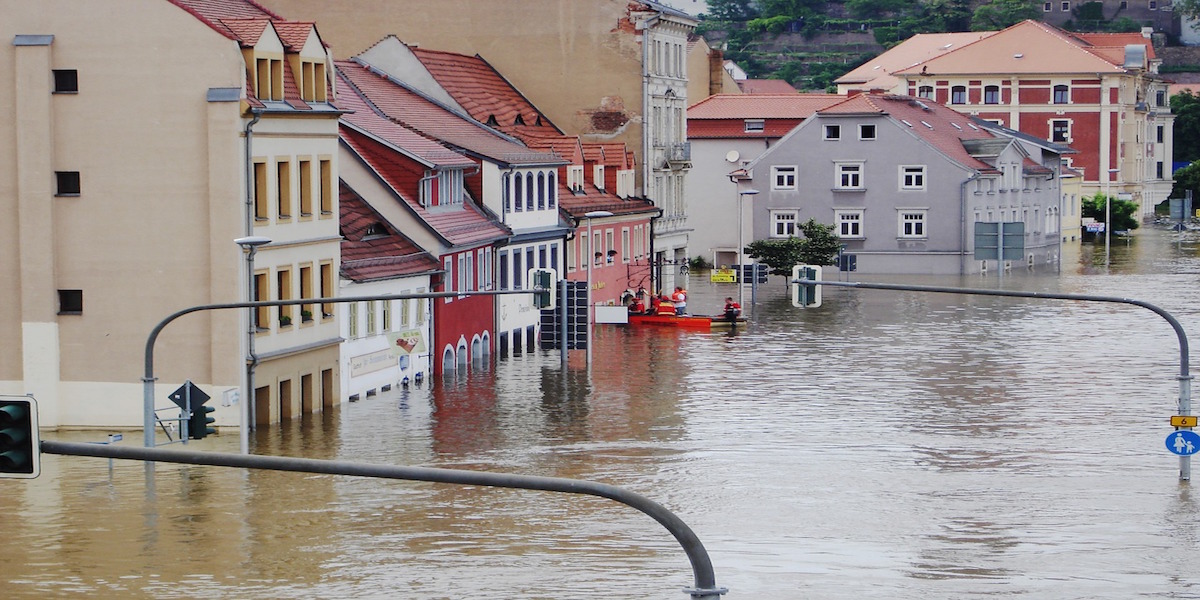In recent months, there has been flooding in multiple Asian regions, such as in India, Japan, China and Taiwan, which result in serious damages to human lives and property and many are deemed ‘the worst flooding in decades’.
In India, flooding occurred in regions all over the country, including Uttar Pradesh in the North, Kerala and Kodagu in the South, West Bengal in the East and Maharashtra in the West. Many of the affected areas used to attract lots of tourists to enjoy the wonderful scenery of India, but the amazing tourist attractions have been laid to waste and turned into rubbles due to the continuous rainfall since June. More than 1 million people have been sent to relief camps to wait for relocation after the end of the natural disaster, whereas the number of death is uncertain as many places are blocked and inaccessible due to flooding, and the reported death is more than 700 people nationwide.
As in Japan, the occurrence of flooding was in early June, and the most affected region was the western and southern parts of the country, which includes big cities like Hiroshima, Okayama and Ehime. The reason for the flooding disaster was that heavy rainstorm caused landslides in different residential areas, thus raising the water level and affecting nearby residents. Across the whole country, more than 3 million people needed to evacuate to safer places and the reported death was around 200 people.
In Shandong and Xinjiang China, more than 13 cities were affected by flooding due to the tropical cyclone Rumbia and snowmelt in mid-August, causing evacuation of more than 5 million people and damages to villages and dams. Meanwhile, in Taiwan, the Tainan city is currently influenced by flooding due to torrential rains. Villages, farmland and schools were wiped out and around 100 households needed to evacuate.
As usual, there would be opinions blaming the increase in the occurrence of flooding on global warming since it does not only cause more rainfalls, but also causes snowmelt and rise in sea levels, thus resulting in higher chance of water overflow. This viewpoint might be supported by a research study conducted by experts and scholars from European Commission and the Meteorological Office of UK which talks about the relationship between temperature rise and flood risk. According to the authors, it is estimated that there will be a rise in flood risk in Western and Central Europe under the warm climate, but the study is currently limited to the situation in Europe and cannot extend the conclusion to different parts of the world generally.
We all know that global warming is affecting and will affect our living environment in various undesirable ways. Still, the government and general public should work hand in hand to reduce the potential risk and loss in the face of natural disasters.



